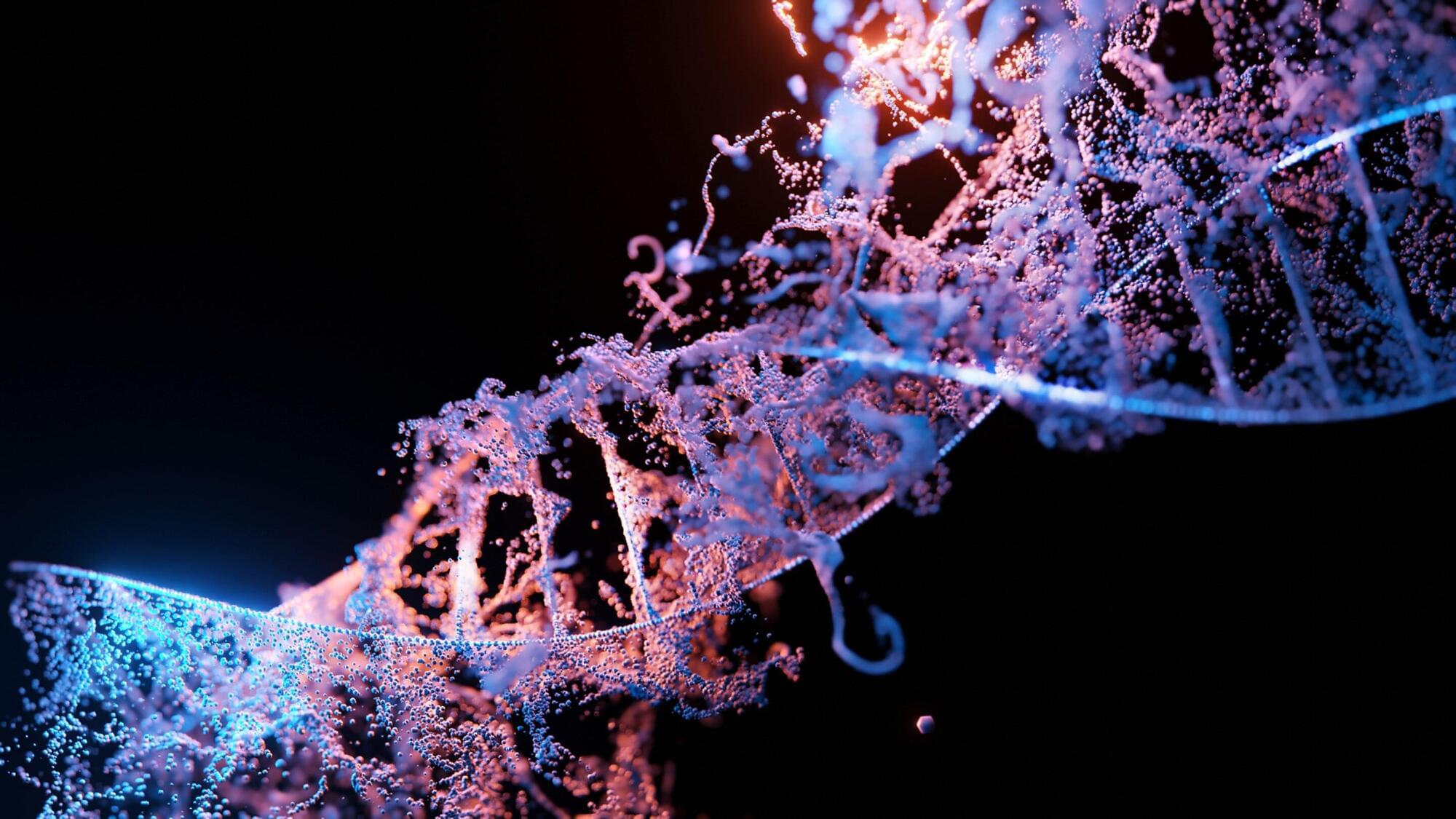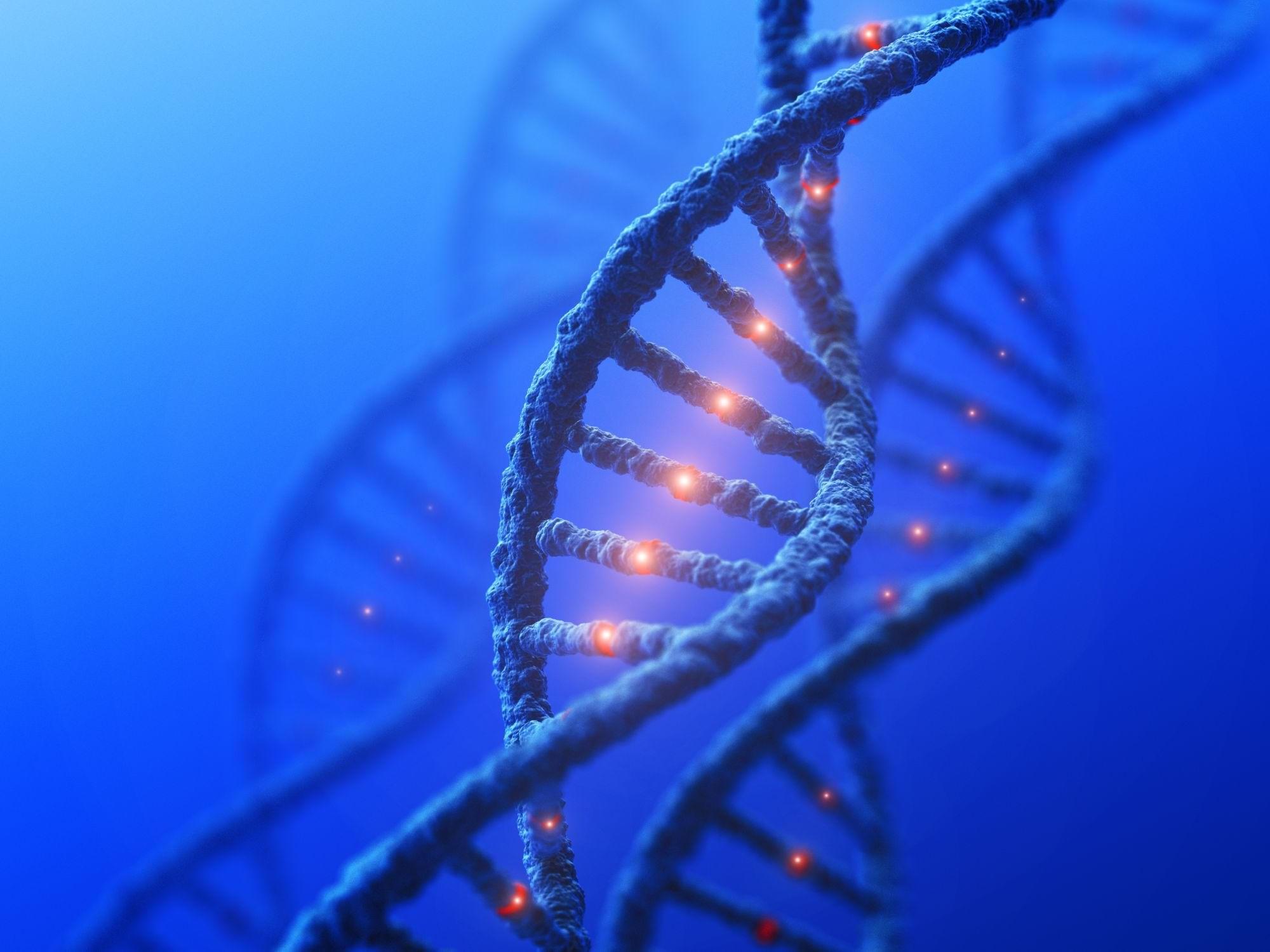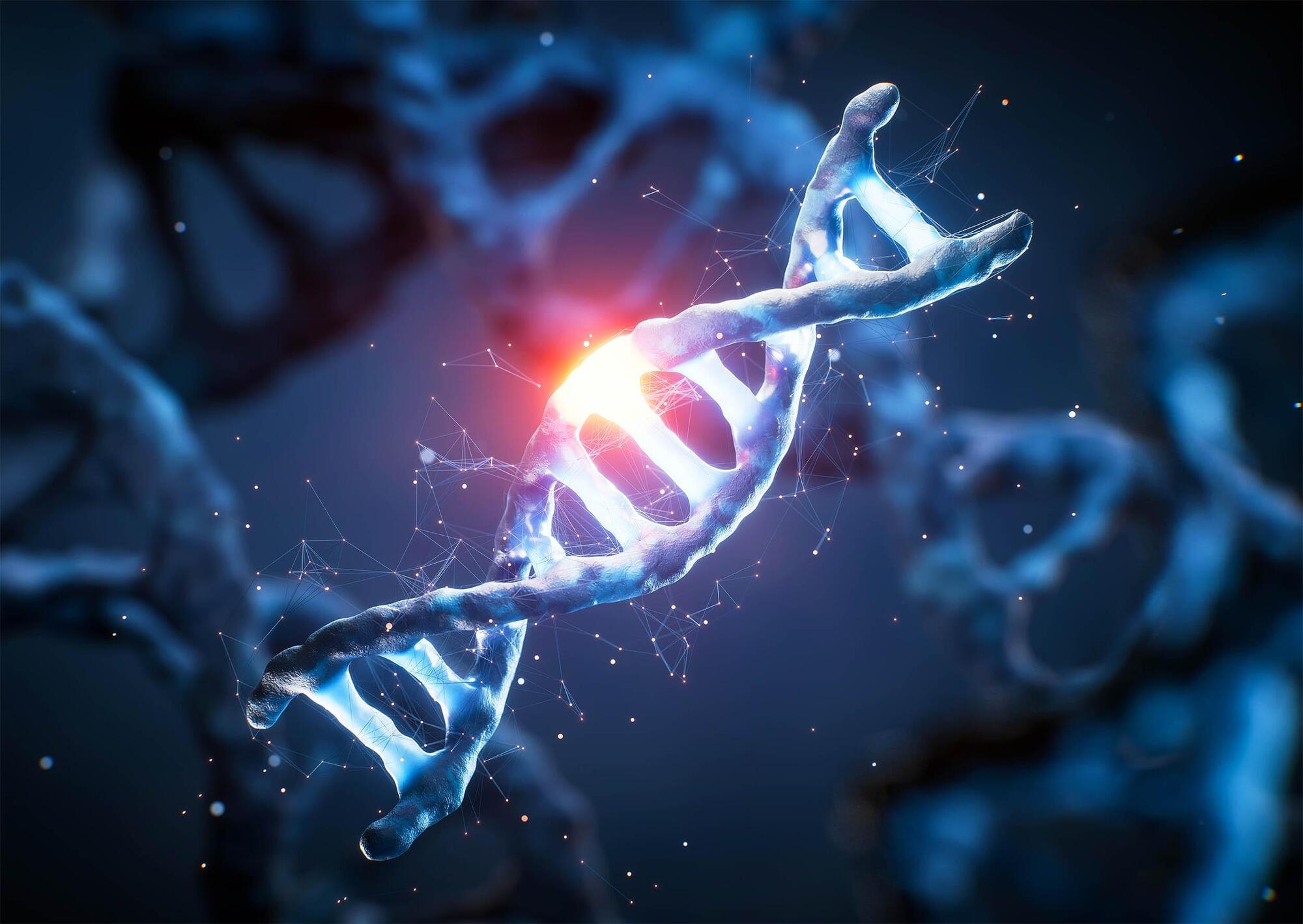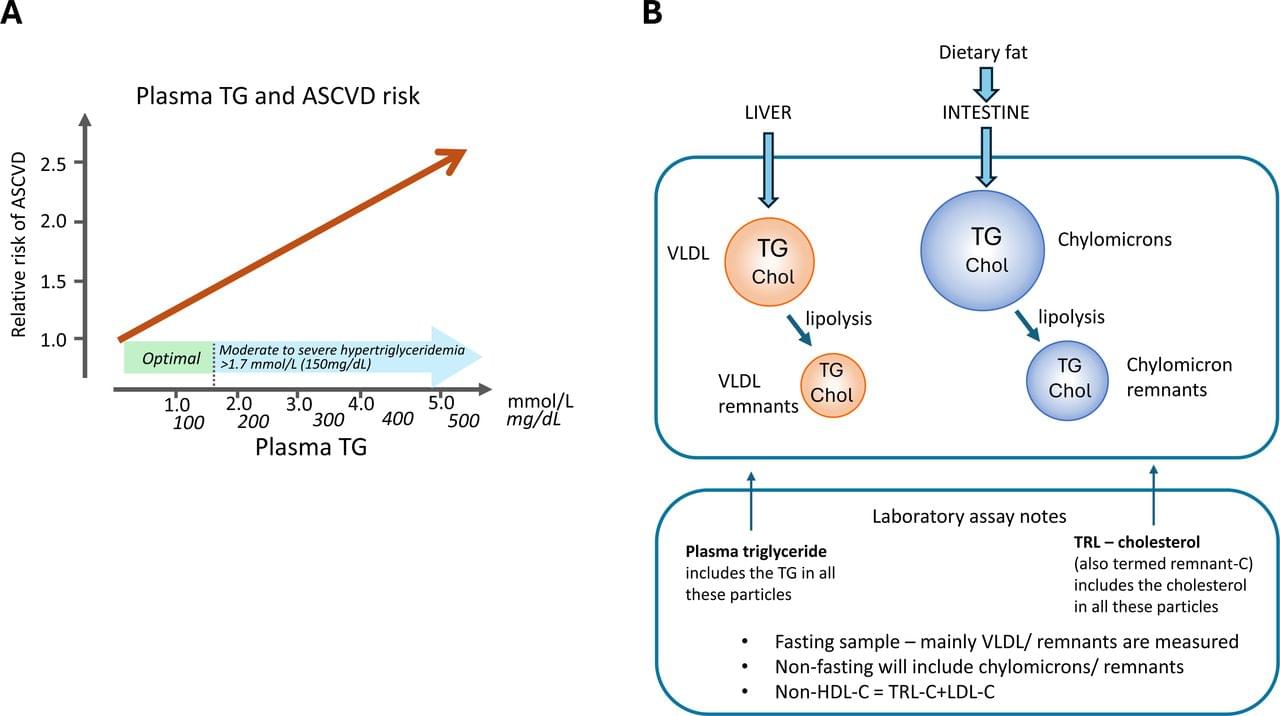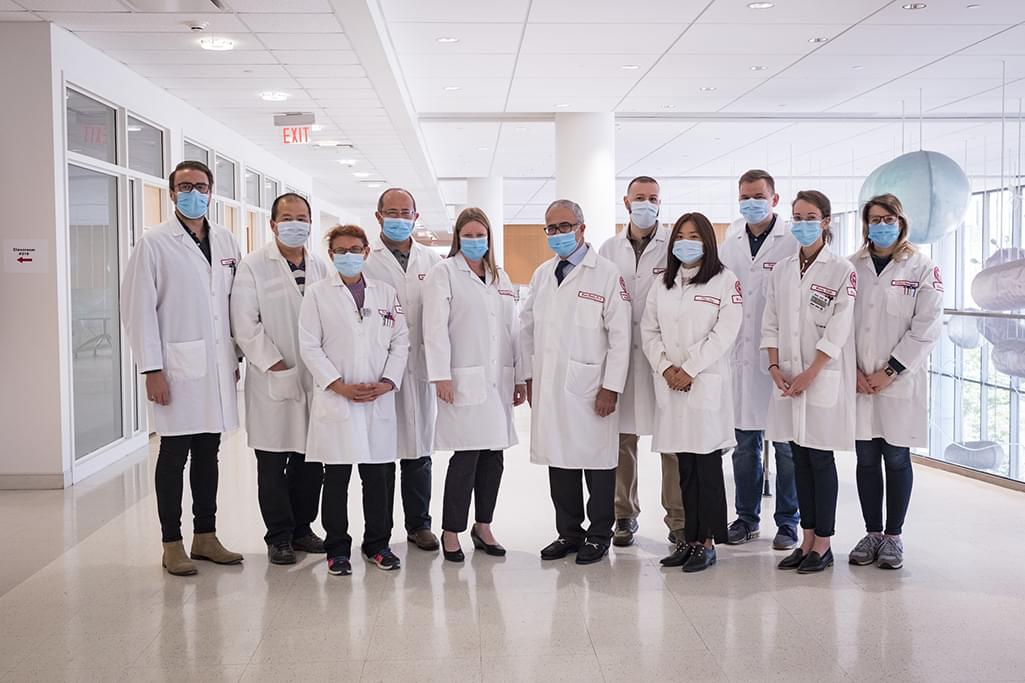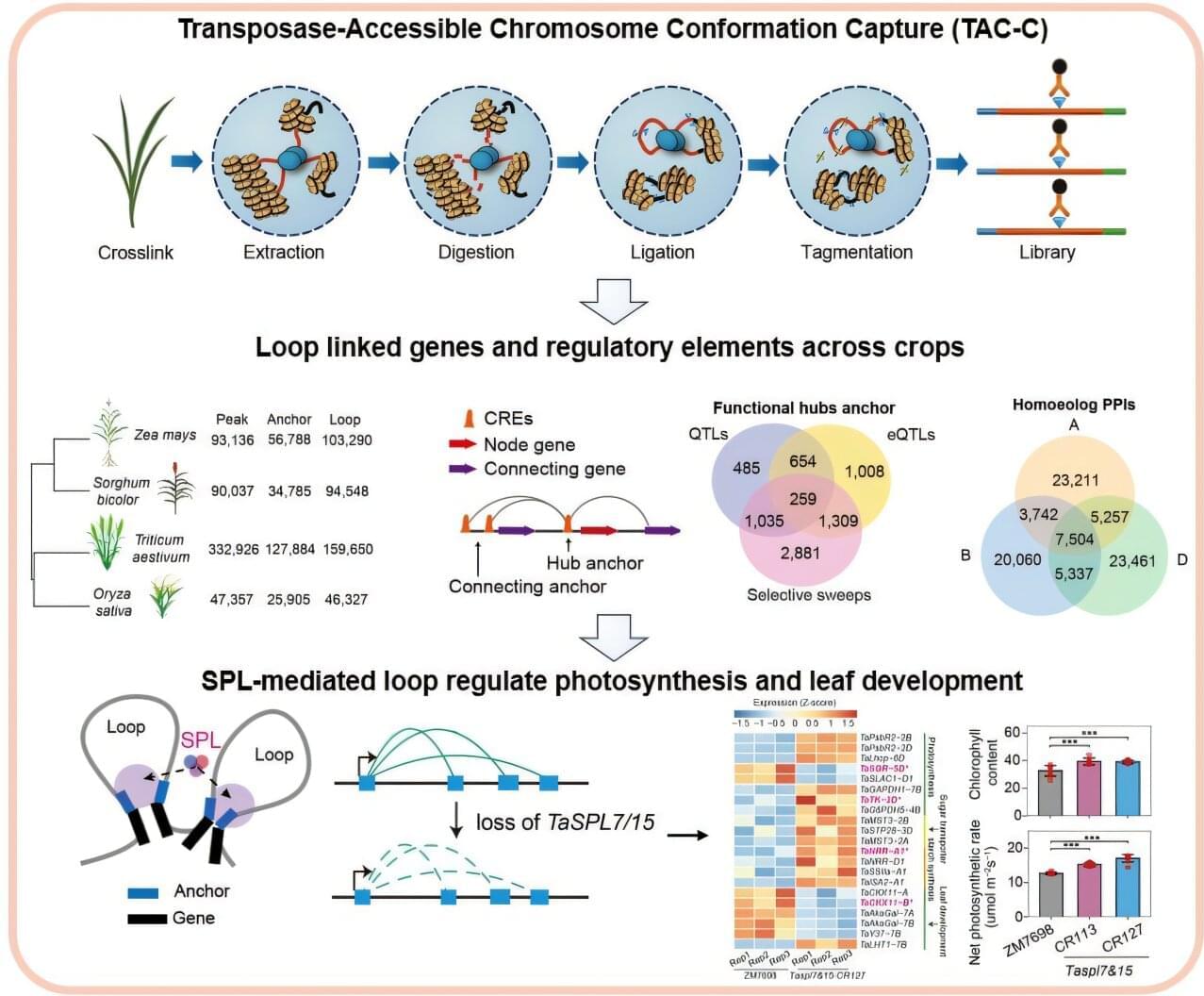Scientists at the San Raffaele Telethon Institute for Gene Therapy (SR-Tiget), Milan, have found that gene editing using CRISPR-Cas9 in combination with AAV6 vectors can trigger inflammatory and senescence-like responses in blood stem cells, compromising their long-term ability to regenerate the blood system.
The study, published in Cell Reports Medicine, outlines new strategies to overcome this hurdle, improving both the safety and efficacy of gene-editing-based therapies for inherited blood disorders.
The research was led by Dr. Raffaella Di Micco, group leader at SR-Tiget, New York Stem Cell Foundation Robertson Investigator and Associate Professor at the School for Advanced Studies (IUSS) of Pavia, in collaboration with Professor Luigi Naldini, Director of SR-Tiget, and several European research partners.
